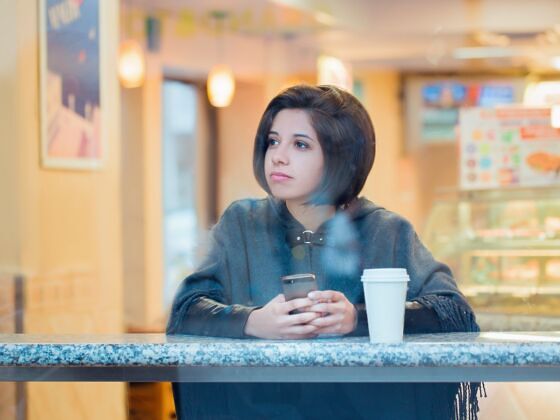My mum has this habit, as mums do, of asking me about how my day has been. Perhaps understandably, the frequency of this question increases tenfold whenever I travel: the more far-flung the destination, the greater the interest, the more often the question is asked. In my most recent trip to Colombia, she popped up in my messages with:
“Glad you made it to the hostel OK. How was your first day?”
